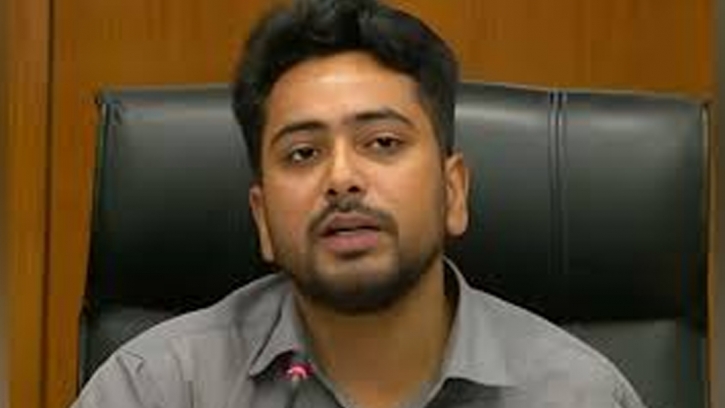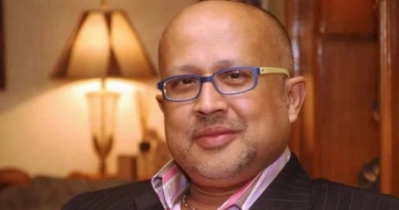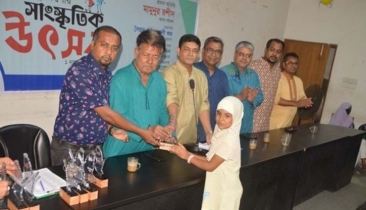
People of Bangladesh are calling for a new approach to journalism after the revolution, said Information Adviser Nahid Islam on Wednesday.
“To this end, the government has initiated efforts to revamp the media landscape. The media will serve as a cornerstone of democracy in Bangladesh, always prioritising the interests of the country and its citizens,” he said.
He made the remarks at a cheque handover ceremony for the fiscal year 2024-2025 (1st phase), organized by the Bangladesh Journalists Welfare Trust at the Press Institute of Bangladesh (PIB) auditorium.
The adviser said the Bangladesh Journalists Welfare Trust is committed to supporting the families of martyred journalists and those injured during the anti-discrimination movement.
He said, “The contributions of journalists who were martyred or injured in this struggle will be remembered and honoured by the government.”
Highlighting the government's responsibility, the adviser mentioned that the Ministry of Information and Broadcasting considers the families of the deceased journalists as integral to its mission. From this perspective, the ministry stands by the journalists.
He noted that the Trust is actively working for journalists' welfare. As part of this effort, 350 cheques were handed out in the first phase of the 2024-2025 fiscal year. The adviser assured that additional grants would be provided to more journalists in the future.
Criticising the fascist regime, he pointed out that fascism had permeated every institution in Bangladesh, including the media, which was subjected to efforts to be turned into loyal supporters of the government. Those media outlets that resisted faced various forms of repression, he said.
Stressing that journalists should remain nonpartisan, he emphasised that they must write and speak for the country and its people. While the public expects the media to hold the government accountable, he lamented that it has struggled to fulfill this role over the past 16 years.
Regarding the protection of journalists from harassment, the adviser announced that the information ministry has established a committee to monitor harassment cases against journalists, which has already begun its work.
He added: “Journalists can report incidents of harassment to this committee, with the ministry pledging to support them.”





































